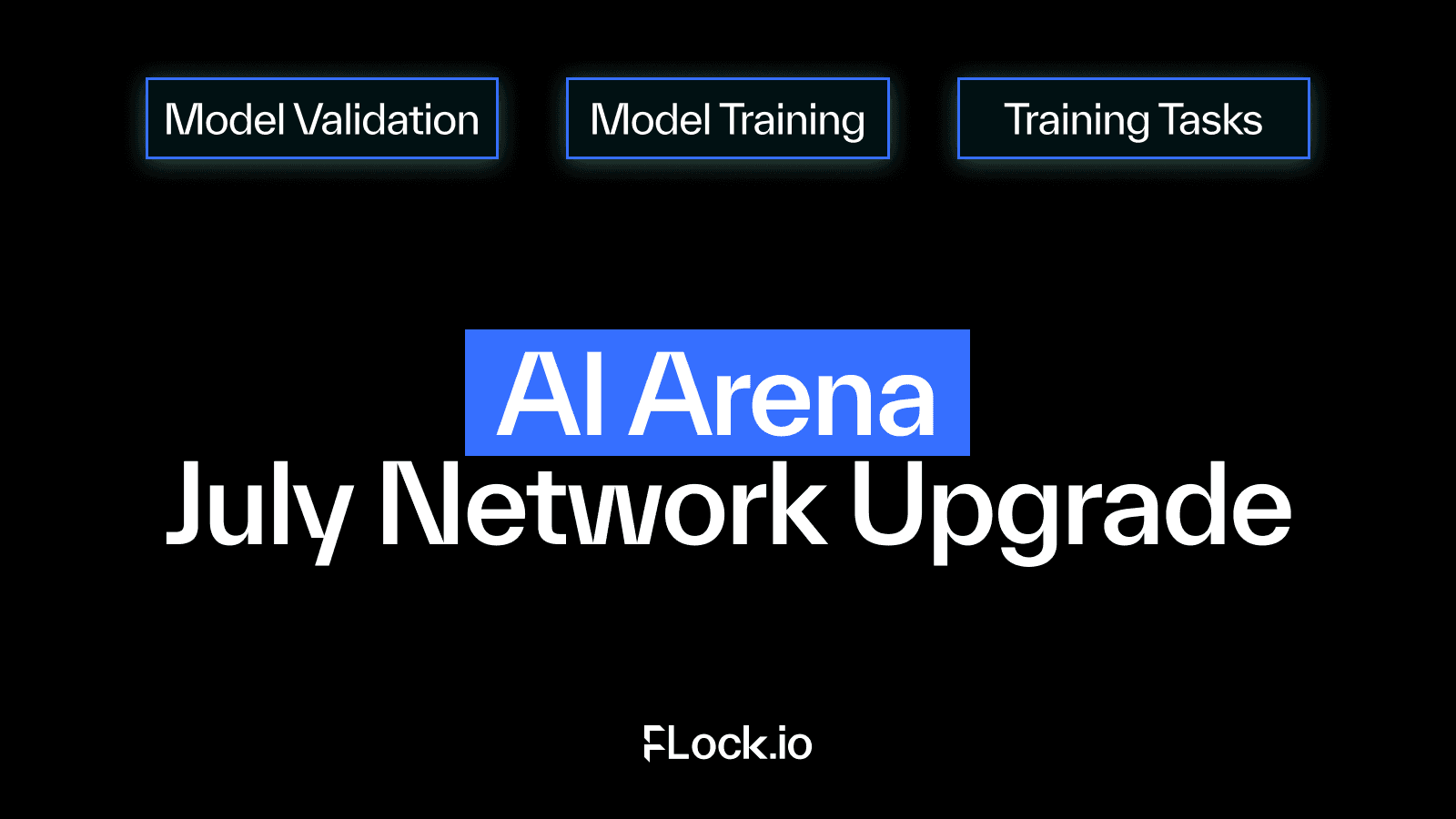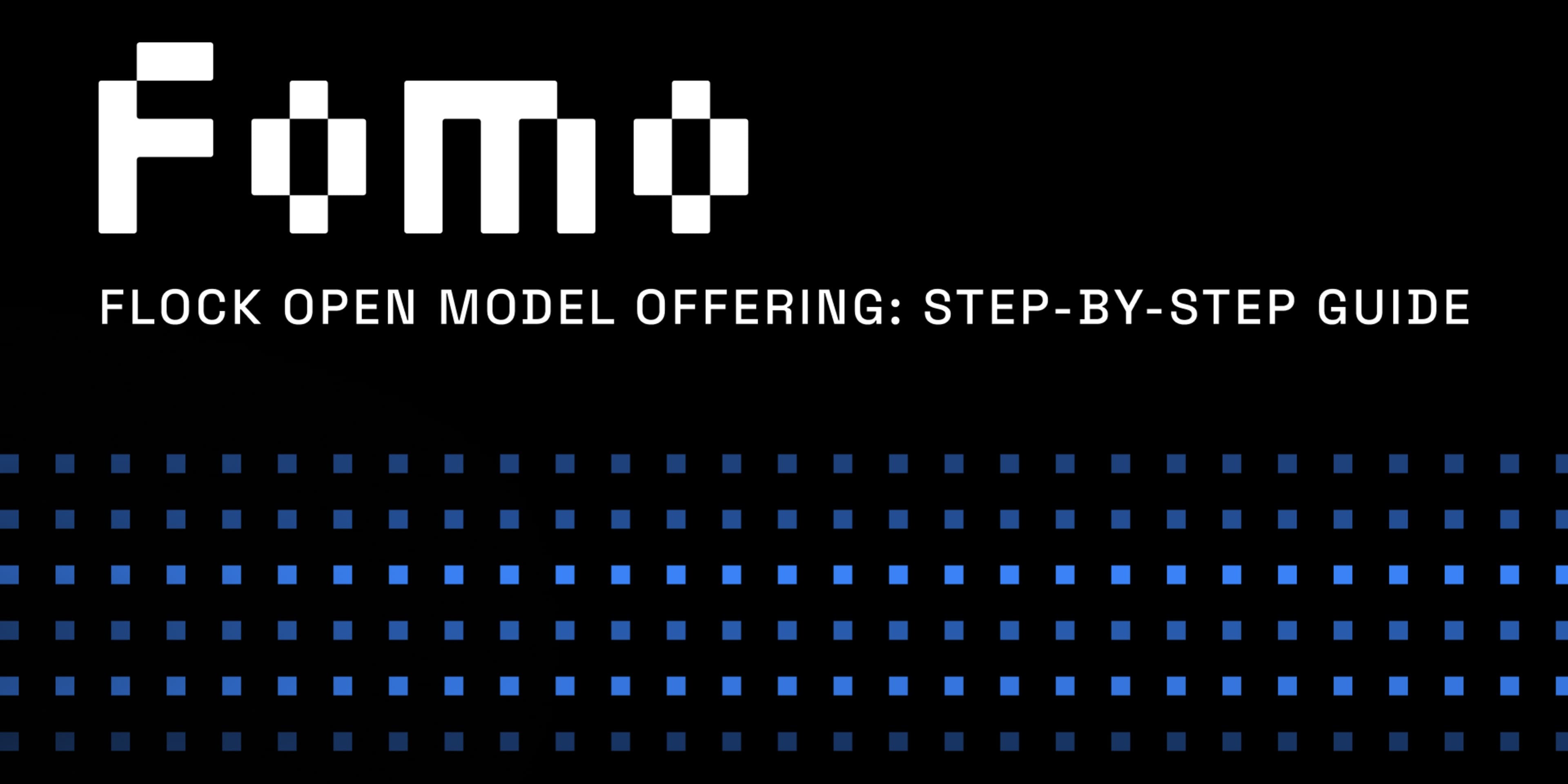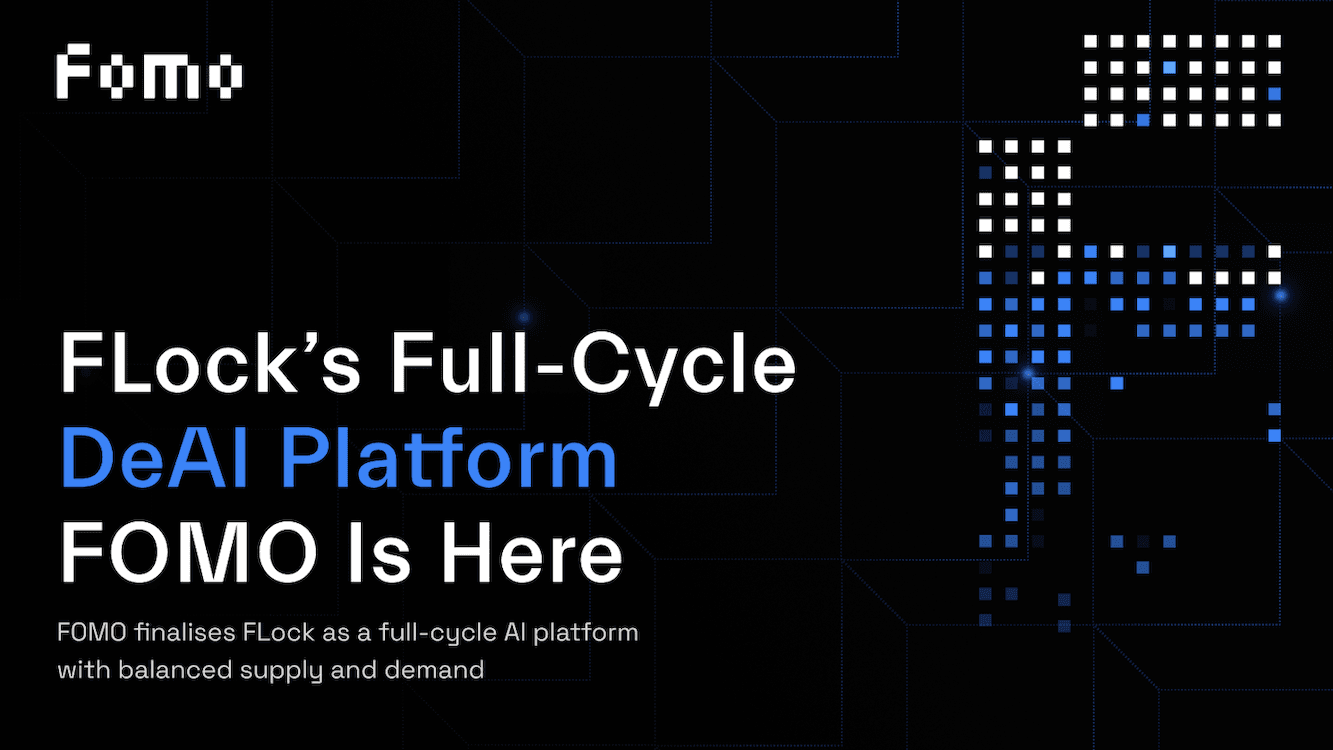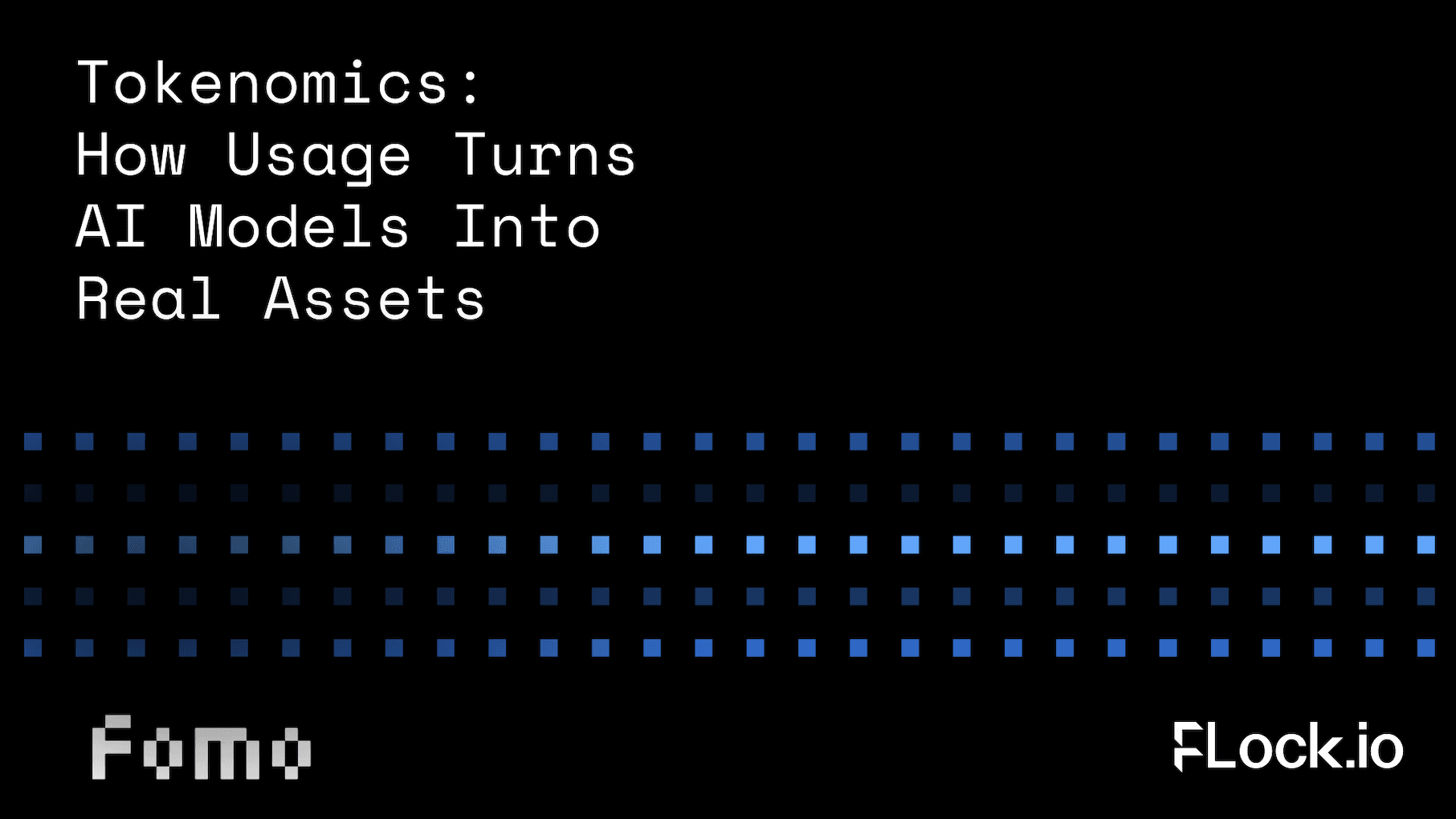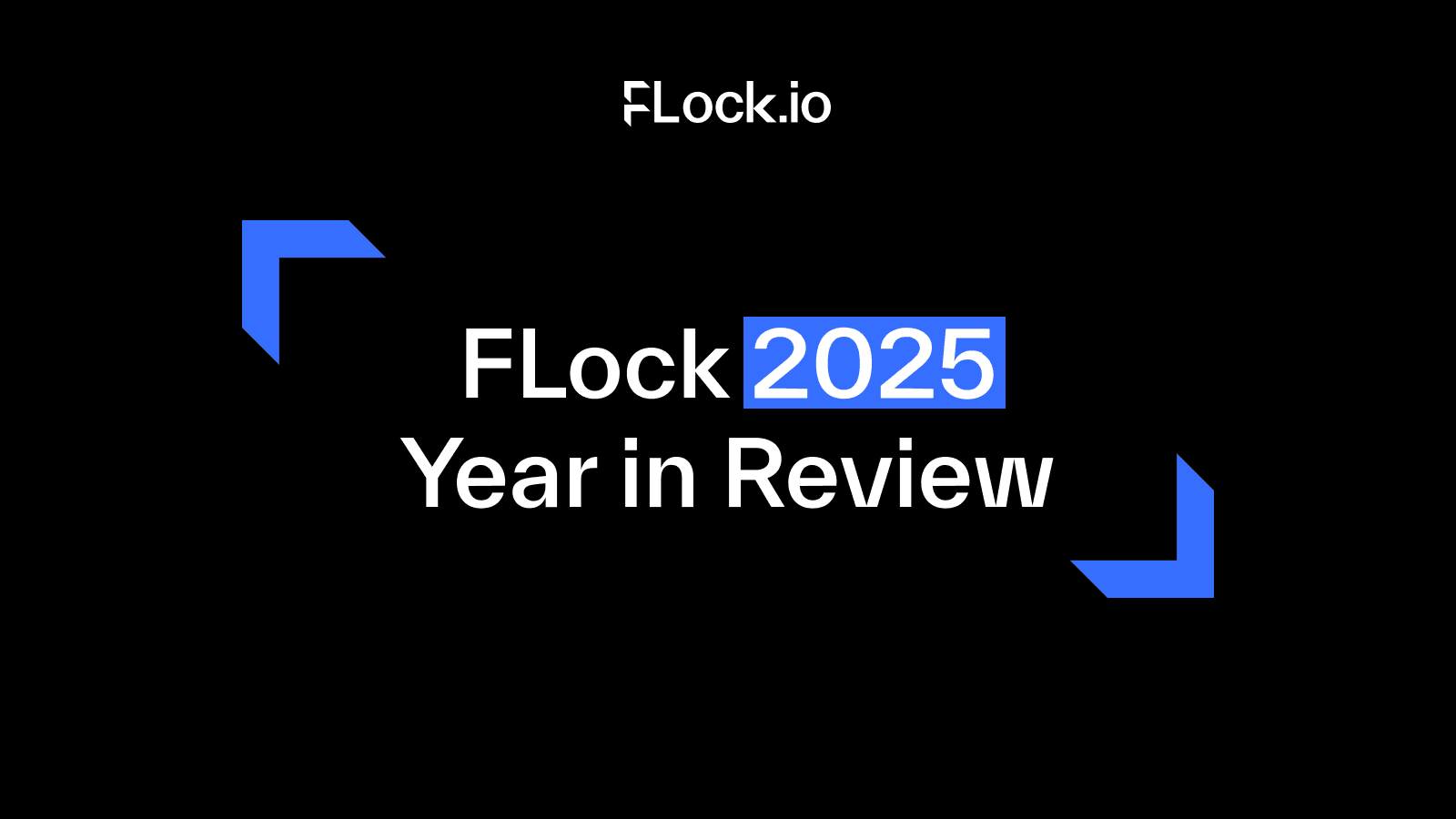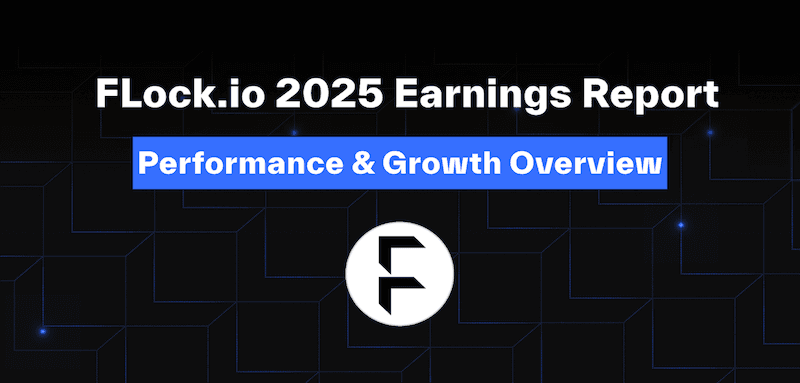FLock launched its closed beta for AI Arena on train.flock.io in mid-May, following a $6m seed round. This is a world-first, marking a major milestone where AI meets blockchain for decentralised AI training.
It’s been a busy summer of hackathons, and the response has been nothing short of phenomenal. More people than ever are shaping the future of decentralised AI. We wish to express our gratitude to our early adopters for training some awesome models, and hope the enthusiasm continues past the testnet.
In this update, we outline some background of this project before reviewing the progress that has been made.
AI Arena: concept and aims
The centralisation problem
FLock is a mission to democratise AI and knock down the traditional centralised power structures that impede innovation and serve corporate interests.
Centralised approaches exacerbate biases within AI models due to a lack of effective governance and oversight, limiting transparency into models’ inner workings and the overall AI development pipeline. This diminishes public engagement and raises serious data protection concerns and issues of data monopolisation.
FLock’s mission to decentralise AI development
FLock’s mission is to democratise AI through decentralised, blockchain-based systems. Specifically, FLock facilitates an open and collaborative environment where participants can contribute models, data, and computing resources, in exchange for on-chain rewards based on their traceable contributions. In doing so, FLock:
- Enhances transparency and participation
- Introduces robust incentive mechanisms to ensure fair contributions
- Enables diverse communities to develop purpose-built AI models
What is AI Arena?
AI Arena is a Kaggle-like competition where AI and ML engineers compete to fine-tune models for a given dataset. Participants stake FML—FLock’s incentivised beta token—and are rewarded (or slashed) based on the quality of their training and validation. It is deployed on Base Sepolia.
Through public participation and leveraging distributed compute, we can approach our goal: bring training closer to the user and make practical models created by and for communities.
Participate as training node, validator, or delegator
Users can participate in the AI Arena beta in one of three ways. Firstly, training nodes are AI developers who are responsible for training and fine-tuning the AI tasks. They pay a registration fee and stake $FML for system engagement and task eligibility.
Secondly, validators run a validation script to evaluate the models submitted by training nodes, ensuring model submissions are fair and accurate. The primary purpose is to provide an unbiased evaluation of a model's performance during training. It helps to ensure that the model is not just memorising the training data, but is also able to perform well on unseen data.
Thirdly, delegators delegate tokens to validators, facilitating reward distribution. They enhance the validation process by supporting other participants’ stakes, indirectly boosting the network’s efficiency and reward mechanism.
Anti-Sybil measures protect AI Arena’s security
FLock has implemented anti-Sybil measures to protect AI Arena’s security. This is where an attacker creates multiple fake identities, known as Sybil nodes, to gain control of a network.
- CAPTCHA proof of humanity to receive test tokens from the faucet.
- Rate limit on uploading.
FLock employs a proof-of-stake mechanism with the goal of ensuring robust security and consensus within the network. By selecting validators based on the amount of tokens they hold and are willing to stake, FLock effectively prevents Sybil attacks, as acquiring a significant influence requires substantial economic investment.
See the roadmap section for further measures we plan to introduce.
AI Arena is seeing incredible traction
FLockies have been busy at work! The tremendous community response is reflected in our metrics.* At present, these are restricted by our whitelist requirement and are expected to accelerate when this is lifted.

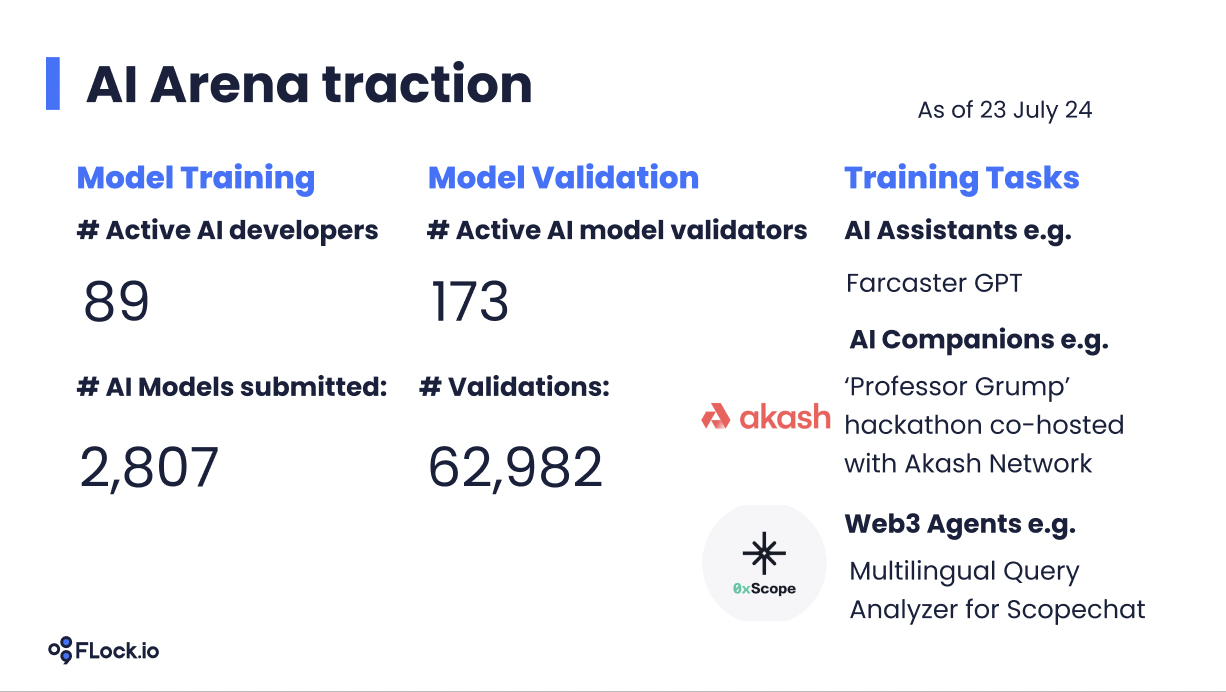
These figures represent the users and their activities. AI developers stake as training nodes, and carry out training submissions by staking tokens, and validators evaluate the training submissions.
This indicates that around a hundred lucky users have been accepted onto the whitelist and are actively using AI Arena. These chosen few have been busy bees completing huge swathes of tasks: training nodes have on average submitted 31 tasks each, and validators 364 validations.
Training tasks now on train.flock.io
Seven training tasks are currently on train.flock.io, out of which four are finalised.
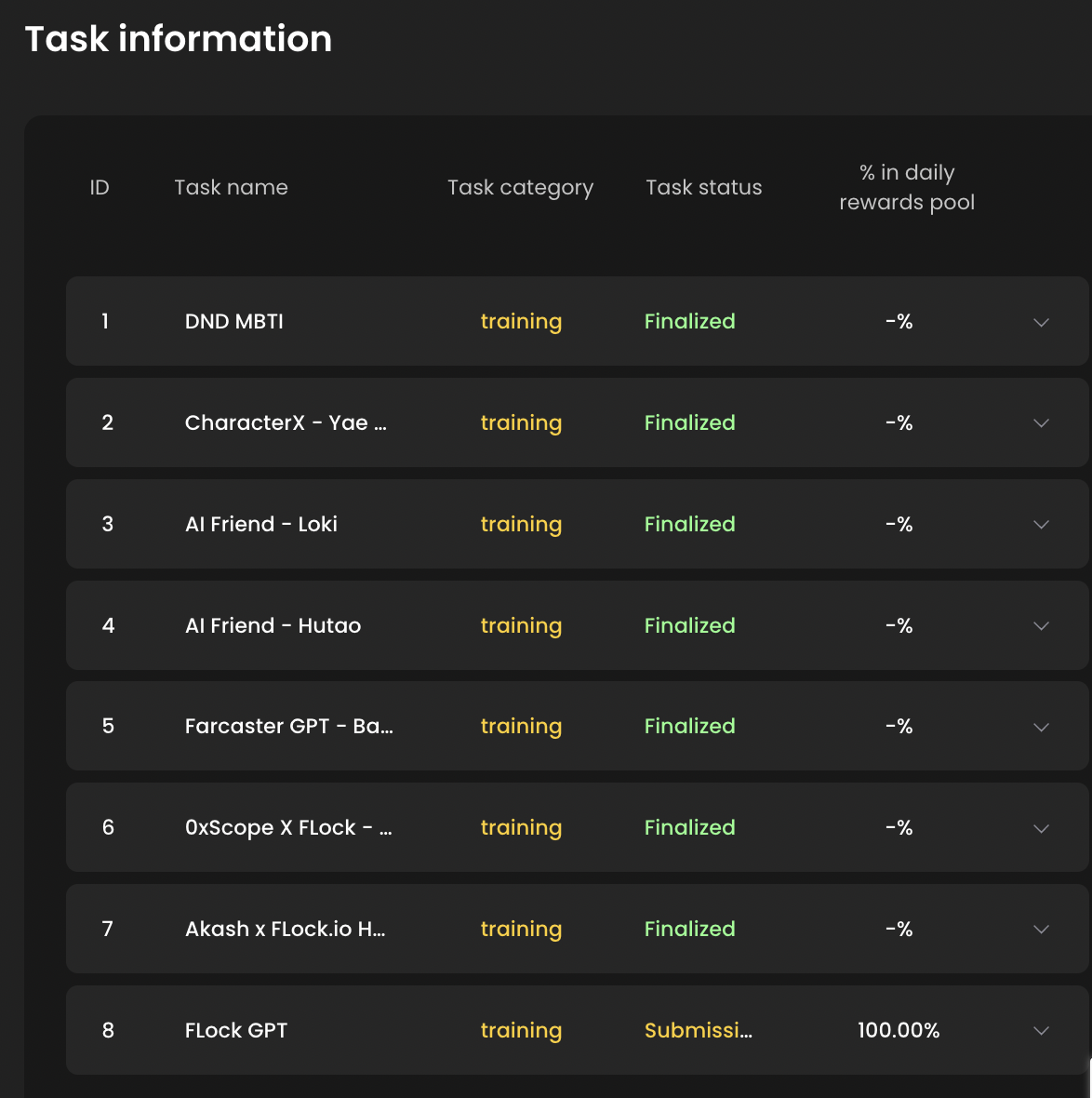
AI companion tasks have been a favourite. They include mimicking Asgard character Loki, Genshin Impact character Yae Miko, and also ‘Professor Grump’ in an Akash x FLock.io Hackathon was launched last week as a lead-up to the ETHCC RenAIssance event in Brussels in July. For all Dungeons & Dragons enthusiasts, DND MBTI is also set to create an immersive experience through an app.
Web3 agent tasks include ‘0xScope X FLock – Multilingual Query Analyzer for Scopechat’.
FLock.io has teamed up with 0xScope, the most powerful Web3 AI Data Layer, to co-host a series of tasks to make Scopechat more efficient and accurate.
AI assistant tasks include ‘Farcaster GPT – Base Onchain Summer Bounty’, with users training it using Farcaster documentation.
Roadmap: FLock to open up beta & upgrade anti-Sybil measures
After a successful period of the closed beta, FLock will lift the whitelist requirement and launch the open beta, with proof of active developer being a prerequisite. FLock will also launch Web3 agents as a task category, and open up task creation to users.
Further anti-Sybil measures are to be implemented:
- Verify identity before uploading models
- Detection of abnormal links between the funding sources of multiple accounts
- Charge a fee to deter users from uploading random results
Closing comments
The whitelist requirement for AI Arena remains in place. Apply here.
*Figures are as of 23rd July 2024.
Find out more about FLock.io in this previous blog and from our docs.
Join our Discord to give feedback and chat with the community.
For future updates, follow FLock.io on Twitter.
